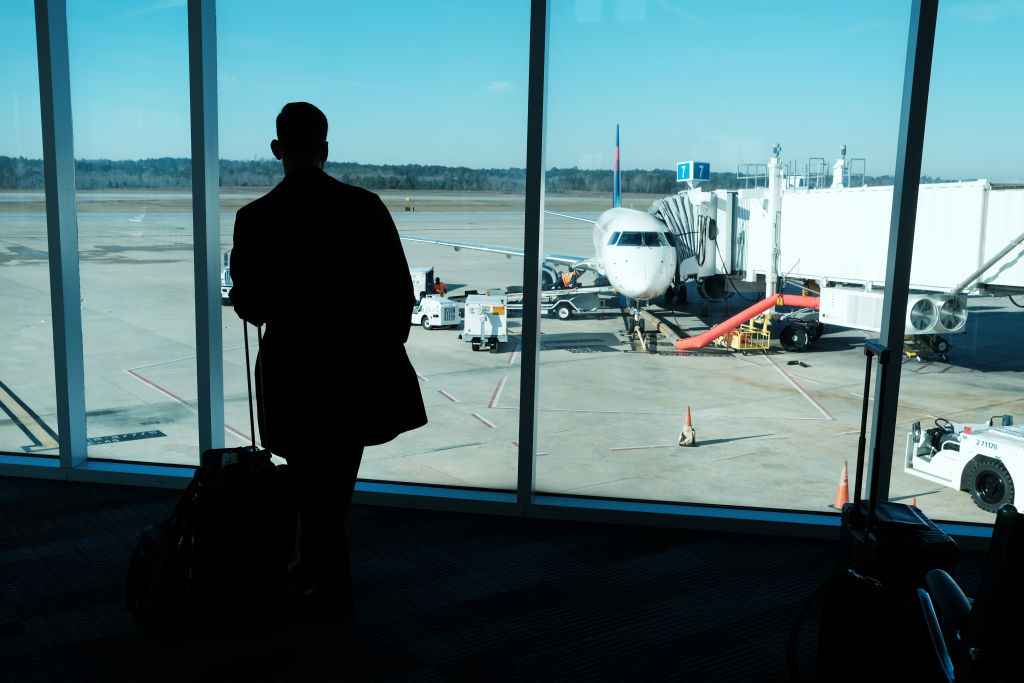Black Travel Alliance will keep confronting the industry on its racism
In June, the newly formed alliance gave travel brands 72 hours to show that they plan to increase Black representation

Travel’s leadership, conferences, and advertising have long been white-dominated. Now, Black travel professionals are confronting their own industry, not just to acknowledge its lack of diversity, equity, and inclusion, but to demand that pro-Black policies be enacted immediately.
In June, the newly formed Black Travel Alliance gave travel brands 72 hours to show that they plan to increase Black representation on press trips, step up their pro-Black philanthropic efforts, and diversify their management, events, and marketing. The alliance reached out by social media, email, and phone to collect companies’ key performance indicators (KPIs) with a deadline of Juneteenth, which this year became a day off for many employees for the first time.
Read More: Black travel professionals are embracing coronavirus restrictions
Alliance founding member Martinique Lewis expressed her disappointment in brands that weren’t forthright with their KPIs at an anti-racism town hall hosted by Wanderful, a major women’s travel organization. Lewis is also the creative lead at Nomadness Travel Tribe and had previously developed her own report card for travel companies’ diversity, equity, and inclusion.
Many of the town hall panelists emphasized that such efforts should go beyond hiring a single Black staff person or adding a few Black faces to an ad simply because anti-racism is currently trending.
“This wasn’t a moment in time; this is an actual movement,” said Lewis.
Carol Cain is the CEO of Brave World Media and creator of Girl Gone Travel. She noted the difficulty of convincing leadership to release internal diversity data, and the idea that companies may not be familiar with the founding members of the alliance, and therefore unclear about why they should respond.
“We don’t really see the point in a lot of ways,” Cain said about the alliance confronting companies. “It’s not as easy as ‘You don’t care.'”
“It doesn’t matter that you don’t know anybody on my team,” Lewis added. “If you were worried about diversity and inclusion to begin with, you wouldn’t have to rush to get your KPIs.”
Moving forward, Lewis said that travelers can think critically about spending their money at inclusive companies, and that “Black dollars and allies’ dollars speak volumes.”
Black travelers comprised a $63 billion market in 2018, according to Mandala Research, up from $48 billion in 2010. Cain added that Black travel professionals need to keep opening doors for one another, telling brands who else they can work with.
“Leave a trail of names behind you,” she said.
So far, the Alliance has received over 50 KPIs, some of which are quite vague. Airbnb declined to share company diversity data and stated it will meet unspecified recruitment and retention goals by 2025.
Marriott said that 50% of its board of directors and senior management are “either diverse or women,” which indicates nothing about Black or even non-white representation. The company used the incredibly broad phrase “diverse or women” four times in its statement.
Some responses were considerably more transparent. For example, Visit Asheville admitted it has no Black employees on its staff of 25, or G Adventures sharing it has no Black people on its executive leadership team. Wanderful reported that 25% of its team identifies as Black and 31% of the speakers at its last conference were Black.
The alliance plans to reach out to more brands, hold companies to their stated goals, and create a directory of Black content creators so that travel brands can no longer claim they don’t know where to find them, according to founding member Martina Jones-Johnson.
“We need to keep putting pressure on these companies, following up every couple of months,” said alliance founding member Dr. Nadine White at the town hall.
The role of white allies came up as well.
“I need to be reaching out to those brands personally,” said Lauren Pelkey, director of operations at women’s retreat company Pangea Dreams and founder of Wanderluluu. She said white women like herself can hold companies accountable, for example declining to attend a press trip that’s not inclusive.
Read More: Black travel businesses devastated by cancellations due to COVID-19
Now is the moment for such a reckoning. After the murder of George Floyd and nationwide protests, talk of anti-racism spread to corporate America. When companies started posting black squares on Instagram and issuing statements about supporting Black Lives Matter, many Black employees said these performative gestures were not enough. Black employees came forward on social media to criticize companies’ shallow efforts, some sharing stories of workplace discrimination, including a former employee at Fodor’s travel guides.
For many, this kind of uncomfortable confrontation is necessary for anti-racism work.
“Once people are made aware, unfortunately they don’t know where to start,” said Lewis. “We’re not only willing to have the conversation with brands, we’re willing to have it with ourselves.”
Have you subscribed to theGrio’s new podcast “Dear Culture”? Download our newest episodes now!
